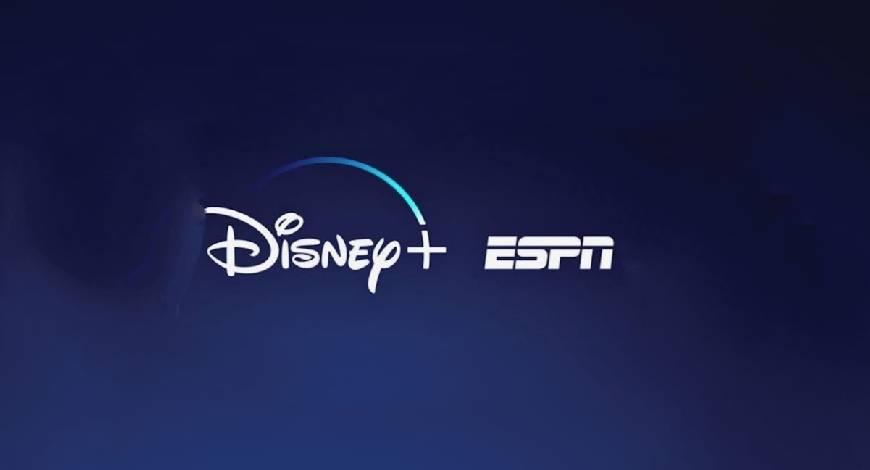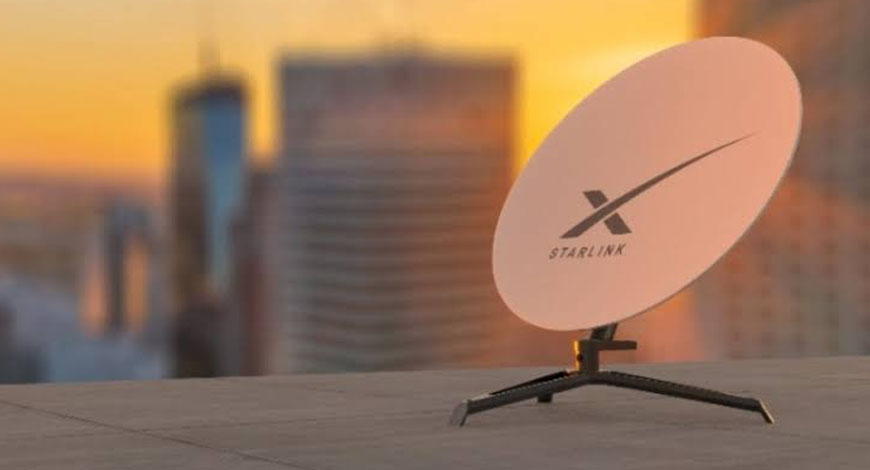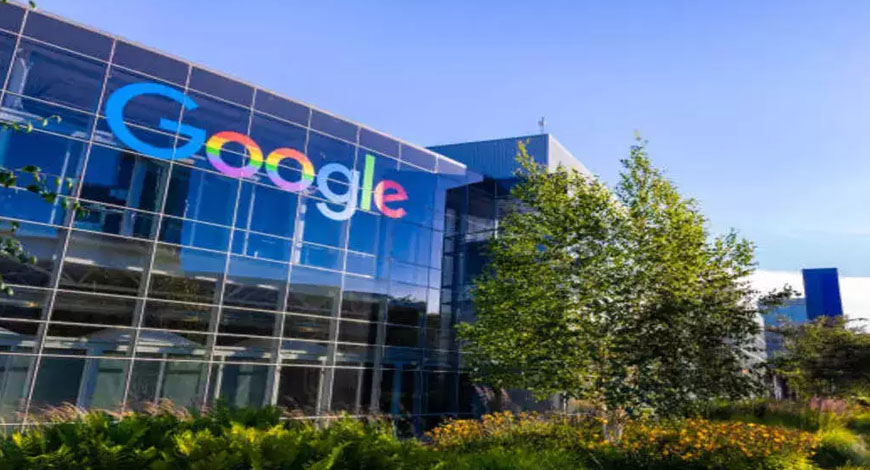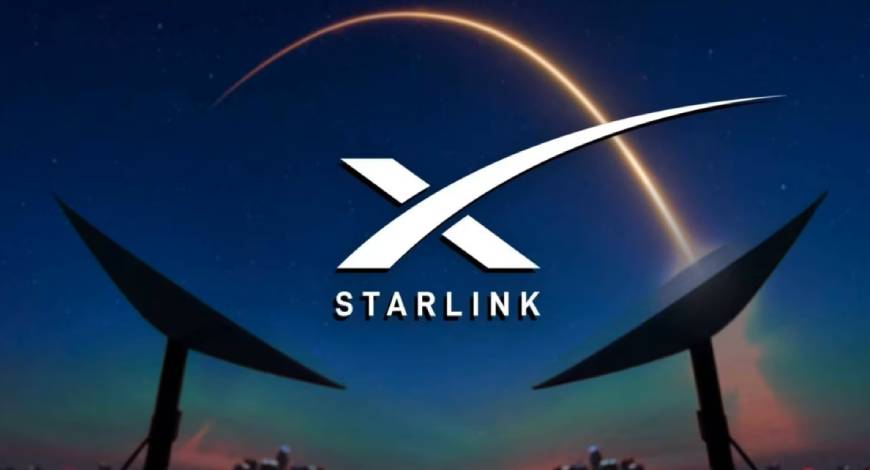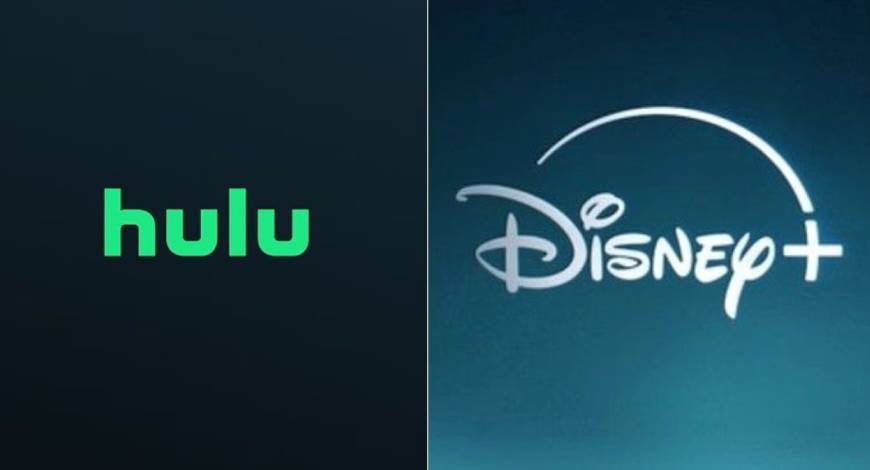Google has agreed to pay $35.8 million (A$55 million) fine in Australia after admitting it made illegal deals that blocked rival search engines from Android phones.
The company admitted wrongdoing and agreed to the penalty. It is now up to the court to determine whether the penalty and other orders are appropriate, the Australian Competition and Consumer Commission (ACCC) said in a statement.
The commission has also filed the court proceedings against Google on Monday.
According to the statement, Google had made deals with Telstra and Optus between December 2019 and March 2021. The deals required the telcos to only install Google Search on Android phones they sold. In return, Google shared advertising revenue with the carriers when customers used Google Search.
The arrangements also banned Telstra and Optus from installing any other search engines on the phones. They could not even suggest other search options to customers. These contracts contained what the commission called “Platform-wide Provisions” that created barriers for competing search engines.
The commission’s statement detailed how these provisions required “all search access points on such devices were configured to utilise Google Search out-of-the-box” and prevented telcos from implementing “any general search engine service that was substantially similar to Google Search.”
Google admitted these deals “likely had the effect of substantially lessening competition” in Australia’s search market.
“Conduct that restricts competition is illegal in Australia because it usually means less choice, higher costs or worse service for consumers,” ACCC Chair Gina Cass-Gottlieb said in the statement.
“We’re pleased to resolve the ACCC’s concerns, which involved provisions that haven’t been in our commercial agreements for some time. We are committed to providing Android device makers more flexibility to preload browsers and search apps, while preserving the offerings and features that help them innovate, compete with Apple, and keep costs low,” a Google spokesperson said.
Google agrees to change business practices
Google also signed binding commitments to change its business practices. According to the undertaking filed with the commission, it will remove restrictions that force phone makers and telcos to pre-install Google Search as the default option. The company has also agreed to address broader competition concerns about its contractual arrangements with Android phone manufacturers and Australian telcos since 2017, the commission said.
“Google does not agree with all of the ACCC’s concerns but has acknowledged them and offered the undertaking to address these concerns,” the statement noted.
Telstra, Optus, and TPG made similar commitments in 2024. The companies “undertook not to renew or make new arrangements with Google that require its search services to be pre-installed and set as the default search function on an exclusive basis,” according to the commission’s statement. The ACCC said these changes will give millions of Australians more search choices.
The telcos can now configure search services on individual devices and can enter agreements with other search providers. They are not parties to the current court proceedings against Google, the commission clarified.
The case comes as AI search tools are changing how people find information online. “These changes come at a time when AI search tools are revolutionising how we search for information, creating new competition,” Cass-Gottlieb said in the statement.
Google faces global pressure
The Australian case is part of a broader global crackdown on Google’s market dominance. A US judge ruled in August 2024 that Google illegally monopolized the search market. The company paid billions to Apple and Samsung to be the default search engine on their devices.
The US court found that Google “enjoys an 89.2% share of the market for general search services, which increases to 94.9% on mobile devices.” US prosecutors now want to force Google to sell its Chrome browser. The case is ongoing.
European regulators have fined Google over €8 billion since 2017 for antitrust violations. Under Europe’s Digital Markets Act, Google must follow strict rules about how it operates its search and app store businesses. The European Commission said in March 2025 that Google is not following these rules properly.
Google faces additional antitrust cases in the US over its advertising technology business. The company also lost a separate case in December 2024 when a judge declared its Android app store a monopoly. Separately, in 2024 Canada sued the search engine major over anticompetitive practices in online advertising.
Five-year investigation leads to settlement
This enforcement action emerged from the ACCC’s five-year Digital Platform Services Inquiry. The regulator wanted to understand how tech giants affect competition and consumers. The commission’s investigation revealed concerns about Google’s contractual arrangements that emerged during its broader study of search defaults and choice screens.
“Co-operation with the ACCC is encouraged. It can avoid the need for protracted and costly litigation and lead to more competition,” Cass-Gottlieb added in the statement. The commission noted that “more competition in markets drives economic dynamism, but the reverse is true when markets are not sufficiently competitive.”
Google cooperated with the investigation to avoid a long court battle. But a judge must still approve the $35.8 million (A$55 million) penalty. The commission emphasized that “the ACCC remains committed to addressing anti-competitive conduct like this, as well as cartel conduct. Competition issues in the digital economy are a current priority area.” The final decision is expected in the coming months. Google’s new business commitments will take effect immediately once the court approves them. Computer World
